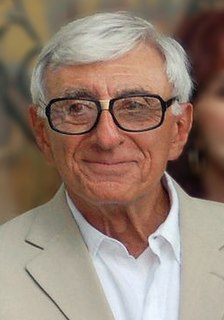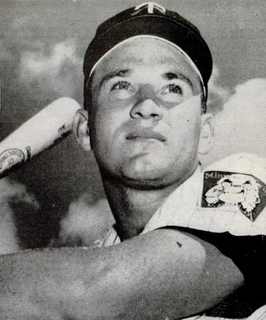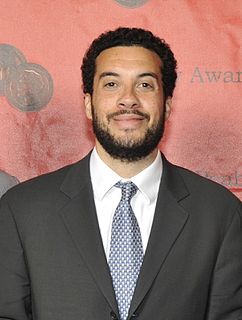A Quote by Jamie Farr
Children and even adults, when they like certain athletes, they can tell you about their batting average, about where they came from.
Related Quotes
The new concept of the child as equal and the new integration of children into adult life has helped bring about a gradual but certain erosion of these boundaries that once separated the world of children from the word of adults, boundaries that allowed adults to treat children differently than they treated other adults because they understood that children are different.
I'm always loath to make generalizations about what is for children and what isn't. Certainly children's literature as a genre has some restrictions, so certain things will never pop up in a Snicket book. But I didn't know anything about writing for children when I started - this is the theme of naïveté creeping up on us once more - and I sort of still don't, and I'm happy that adults are reading them as well as children.
O.J. Simpson was primarily interested in O.J. His rise to fame in the late '60s coincided with the period where black athletes were more outspoken and political than in any era. You're talking about the generation of black athletes that came about after Jackie Robinson. Athletes after that were just happy to find a place in sports. But when you got to the mid-'60s, you had athletes like Jim Brown and Muhammad Ali, who were very outspoken on the issues of race and civil rights.
I like reading books about kids where there weren't really many adults, where they didn't need an adult to come and solve the problems for them. They could use their own ingenuity, use their own talents to solve whatever the issue was. And I like that still. I think that children want to read about heroic children. They don't want to read about children that have to be saved all the time.
You know, people always warn children about taking candy from strange adults. But they never warn us adults about taking candy from strange children. All those sweet-looking kids who sell boxes of candy bars on the street to help pay for schooling - how do we know what's in those bars? And don't even get me stated on that nefarious institution designed to lure unsuspecting customers into buying mysterious frosted goodies: the bake sale. Adults, be warned: if a child wanted to poison you it would be a piece of cake! Literally a piece of cake.
The one concession I've made as I've gotten older is that my children are now adults and they're in their twenties and thirties and so I'm careful about how I write about them. I may write about them as a child, but I'm not going to write about their current struggles because they're adults and they can do it for themselves. I want to give them some space in a way I didn't when they were younger.
No one is willing to believe that adults too, like children, wander about this earth in a daze and, like children, do not know where they come from or where they are going, act as rarely as they do according to genuine motives, and are as thoroughly governed as they are by biscuits and cake and the rod.



































